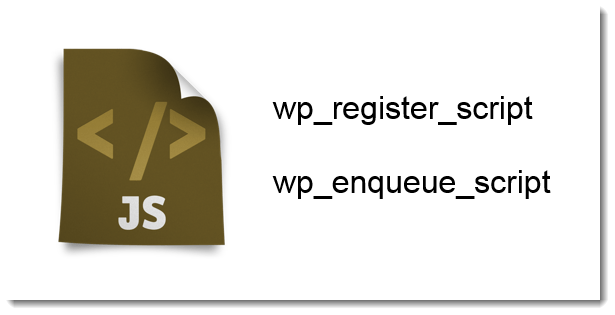
If you want to load scripts and styles without loading the entire page, you can use the wp enqueue script. This function fires whenever a script or style is needed. The default value is $handle, but you can change it to a different value if you wish. However, this method is not recommended for advanced WordPress development. We recommend using the wp enqueue script instead.
When you enqueue scripts on a page, WordPress automatically loads them in the right order, making the page load faster. It is crucial to load scripts and styles in the correct order, since multiple plugins may use the same script. Using the wp enqueue script is an ideal way to prevent conflicts between script versions. In addition, it is SEO-friendly and improves page speed.
Scripts may not need to be registered in the same place. However, some scripts cannot be registered in multiple places, such as shortcodes. Shortcodes must be registered in the wp enqueue scripts hook. This way, it will load a script when a shortcode is used. This script is then automatically loaded on every request. Using the wp enqueue script will prevent you from having to manually load scripts on every page.
You can also register scripts via the wp_register_script() function. It is a part of WordPress and has a number of developer-friendly features. $ver keeps track of stylesheet versions. The $media parameter specifies which media types the script is suitable for. You can specify either a media type or media query. The default value is all. It is best to add these three options to your script to ensure a smoother loading process.